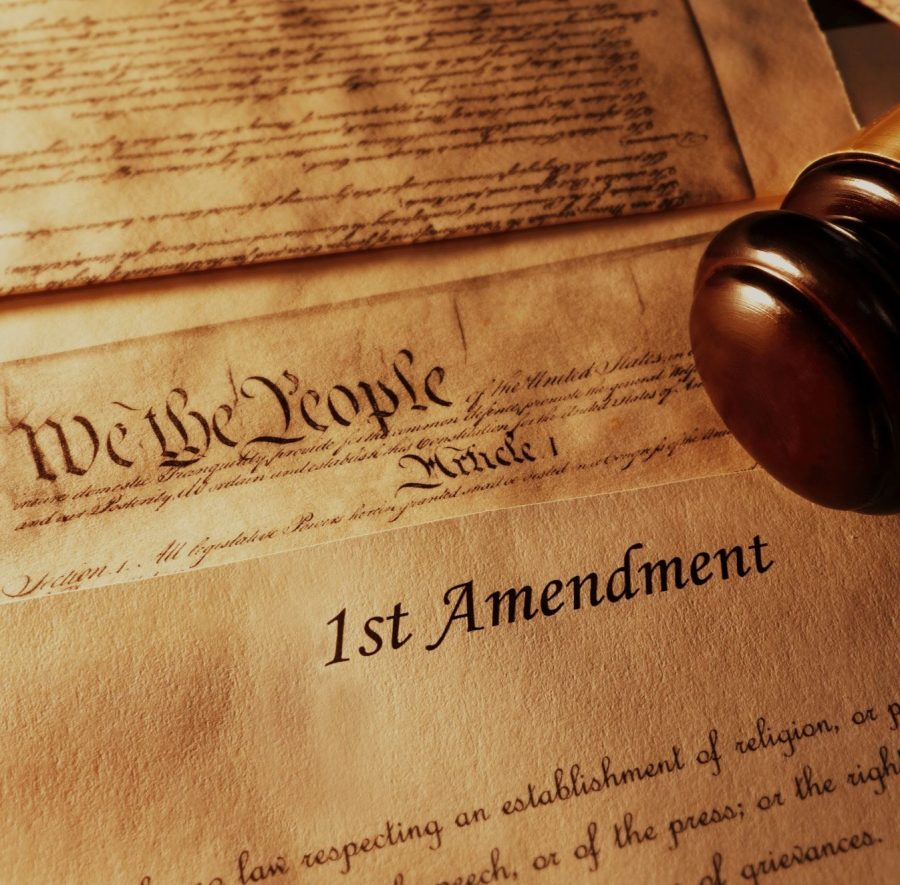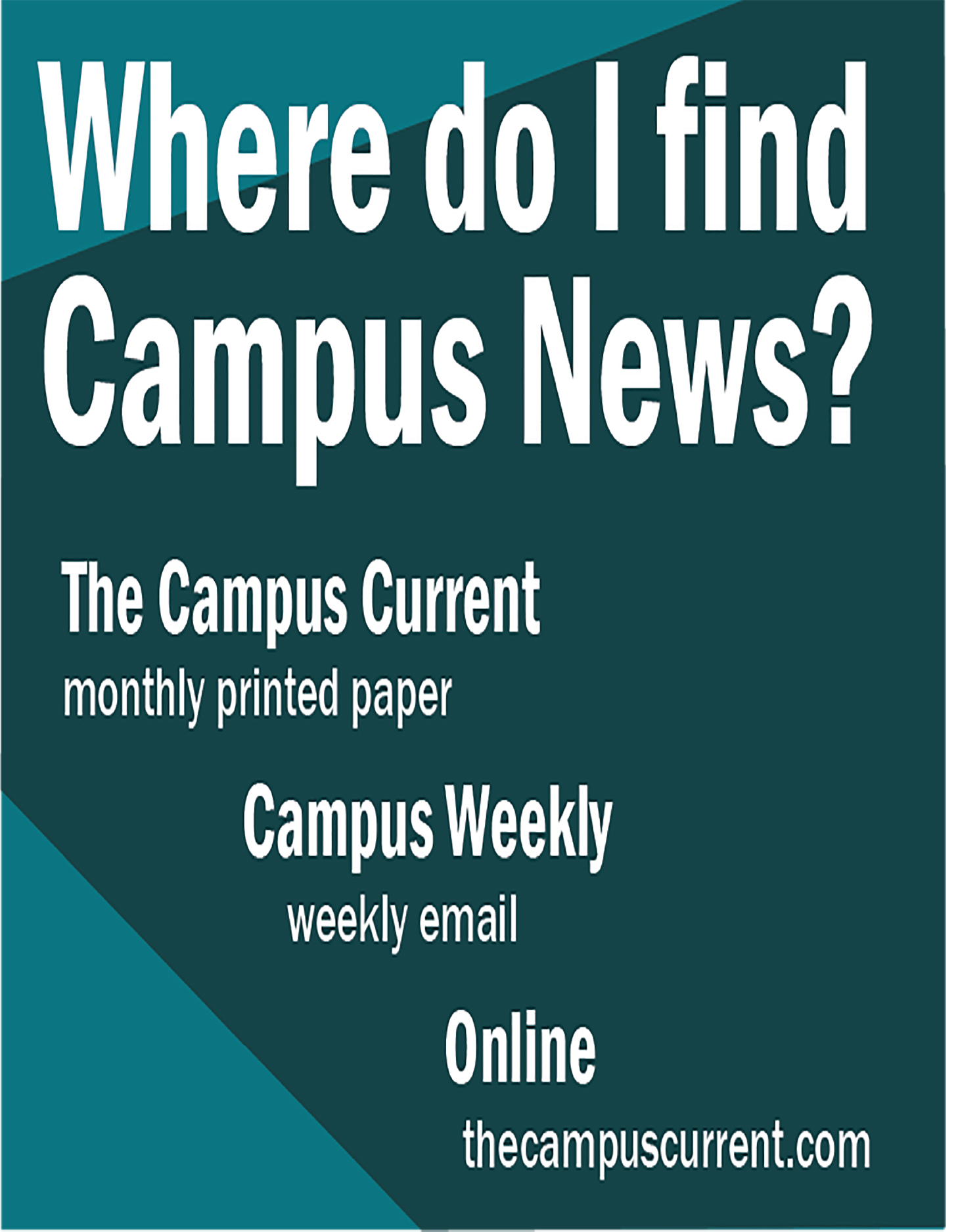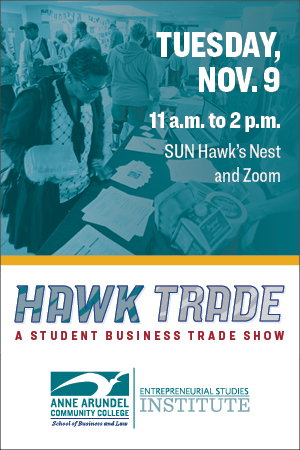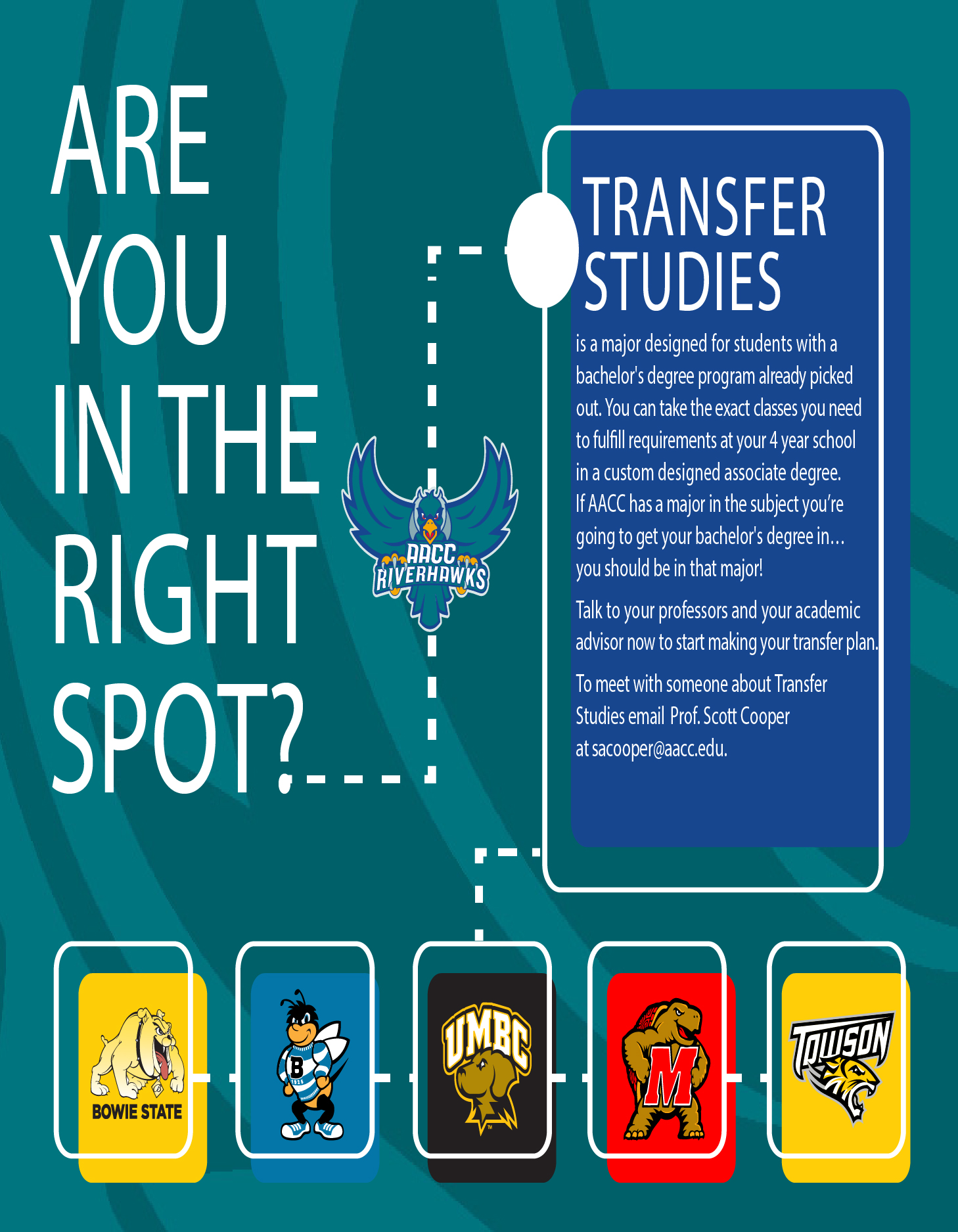1st Amendment protects media freedom
The student journalists at Campus Current have the same legal protections as any other journalists and therefore cannot be barred from public events or censored by a public institution.
April 7, 2023
Did you know that if a student club or other organization at a public college like AACC decides to ban the media from an open event, it also must ban all students from the event?
That’s because it’s illegal for any public institution to forbid a journalist—including a student journalist—from participating in a meeting that everyone else is welcome to attend.
This particular law is called an “open meetings” law or a “sunshine law.” And that’s not the only law involving journalists that might be relevant to you if a reporter from Campus Current, the Annapolis Capital Gazette or another media outlet contacts you.
Firstly, the First Amendment of the U.S. Constitution guarantees freedom of the press. Thanks to a law passed by the Maryland Legislature in 2016, that protection extends to student newspapers and other media outlets at public colleges and high schools.
The New Voices Act, which has been adopted by 16 states so far, prohibits any government body—like our public college—from censoring the student newspaper, the student literary magazine and other student media that may form here.
Even though the college pays for our newsroom, our faculty adviser and, with our student activity fees, Campus Current’s printing, the college is not permitted to censor the newspaper from publishing what the student journalists deem as newsworthy.
That’s true even if Campus Current publishes stories that call the college out for wrongdoing or stories that highlight trends or issues of interest to students, even if the administration doesn’t want information about those trends and issues to get around.
Reading the news isn’t always easy. We understand the temptation for administrators, faculty and even other students to want to overrule the judgment of the students who work for our publications and are training for careers in the media.
We truly appreciate your input and your insight and will always consider viewpoints other than our own.
In return, we hope you will appreciate that we are journalists—budding journalists, for sure, but journalists nonetheless—and federal and state laws say we may cover the news, report the facts and operate as professional newspeople do.











